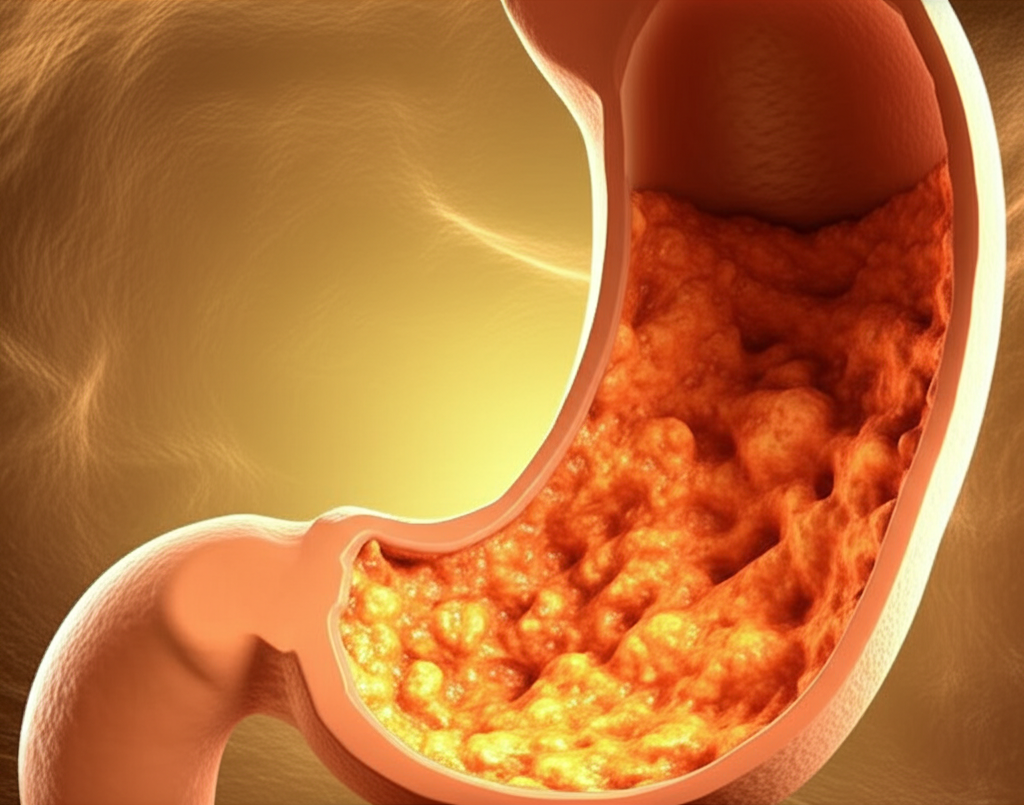The body’s metabolism, the process of creating energy and sustaining life, relies on several key components. One often-overlooked element is bicarbonate. This substance plays a crucial role in digestion and overall health.
When food is consumed, it undergoes digestion in the stomach. The stomach, aided by the pancreas, breaks down food into smaller, absorbable nutrients. The pancreas produces digestive enzymes like lipase, proteases, and amylase to handle fats, proteins, and carbohydrates, respectively.
The stomach lining produces hydrochloric acid, which helps break down food. This powerful acid is essential for digestion, but it could also harm the stomach itself. To prevent this, the pancreas produces sodium bicarbonate, a natural antacid that neutralizes the acid and protects the stomach lining.

Furthermore, the kidneys play a vital role in producing bicarbonate. They generate approximately 250 grams of bicarbonate daily to neutralize acids that pass through the body. This process is crucial for protecting the kidneys from damage caused by excess acidity.
Bicarbonate’s ability to neutralize acids is essential for overall health. Acids can deplete oxygen levels in the body, and a lack of oxygen is a hallmark of cancerous cells. Therefore, maintaining proper bicarbonate levels is crucial for supporting cellular health and preventing disease.
